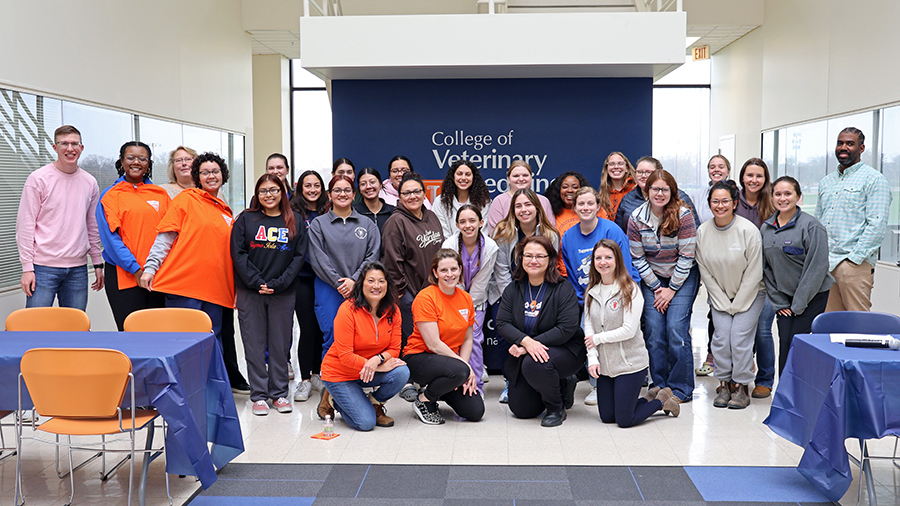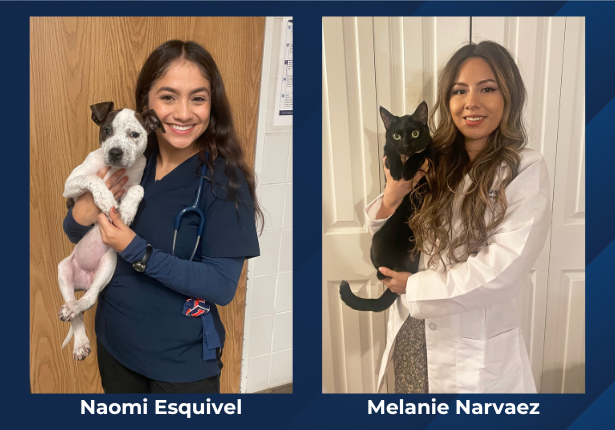After a cougar was discovered on a Whiteside County farm on November 20 and euthanized by a state conservation police officer, the Illinois Department of Natural Resources (DNR) sent the animal to wildlife pathologists seeking some answers.
Was it a healthy animal? What had it been eating? And just what was it doing so far from its typical territory?
Experts at the Chicago-based University of Illinois Zoological Pathology Program (ZPP), which is part of the University of Illinois College of Veterinary Medicine in Urbana and its Veterinary Diagnostic Laboratory, were called in because they had performed a similar examination on a cougar shot in Chicago in April 2008.
“The opportunity to examine this individual allows us to learn as much as we can about the health status of cougars in our region,” said Dr. Karen Terio, a veterinary pathologist on faculty in the ZPP.
Dr. Terio works on a wide variety of wild species but has particular expertise in wild cats. She conducted a necropsy – the animal equivalent of an autopsy – on the cougar.
“Part of what we do as wildlife pathologists contributes directly to wildlife conservation and ecosystem health,” she said. “By investigating how disease impacts individual animals, threats to populations can be mitigated or better managed.”
Officials at IDNR have released some details of Dr. Terio’s report on the Whiteside County cougar. The animal was a male weighing 123 pounds and estimated to be two to three years old. His recent diet consisted of native wildlife. Additional test results, including a genetic analysis that could identify where he originated, are pending.
According to IDNR, cougars, also known as mountain lions, were extirpated from Illinois before 1870 and are not protected by the Illinois Wildlife Code. While there is no evidence that a resident breeding population exists in Illinois, occasional transient cougars have been found in the state in recent years.
“Cougars are becoming more common in this part of the country,” said Dr. Terio. “This individual may have been part of the normal dispersal of free-ranging wildlife. As the population in the West grows, more individuals are migrating to the east.”
About the University of Illinois Zoological Pathology Program
The ZPP is a full-service diagnostic pathology laboratory, specializing in zoo, exotic and wildlife diseases. The program was started in 1993 with the goal of improving animal health by providing comprehensive diagnostic services to zoological institutions, wildlife agencies, and conservation organizations around the world. The program has earned an international reputation for excellence in diagnostic service, education of residents and veterinary students, contribution to worldwide conservation efforts, and original scholarship.




